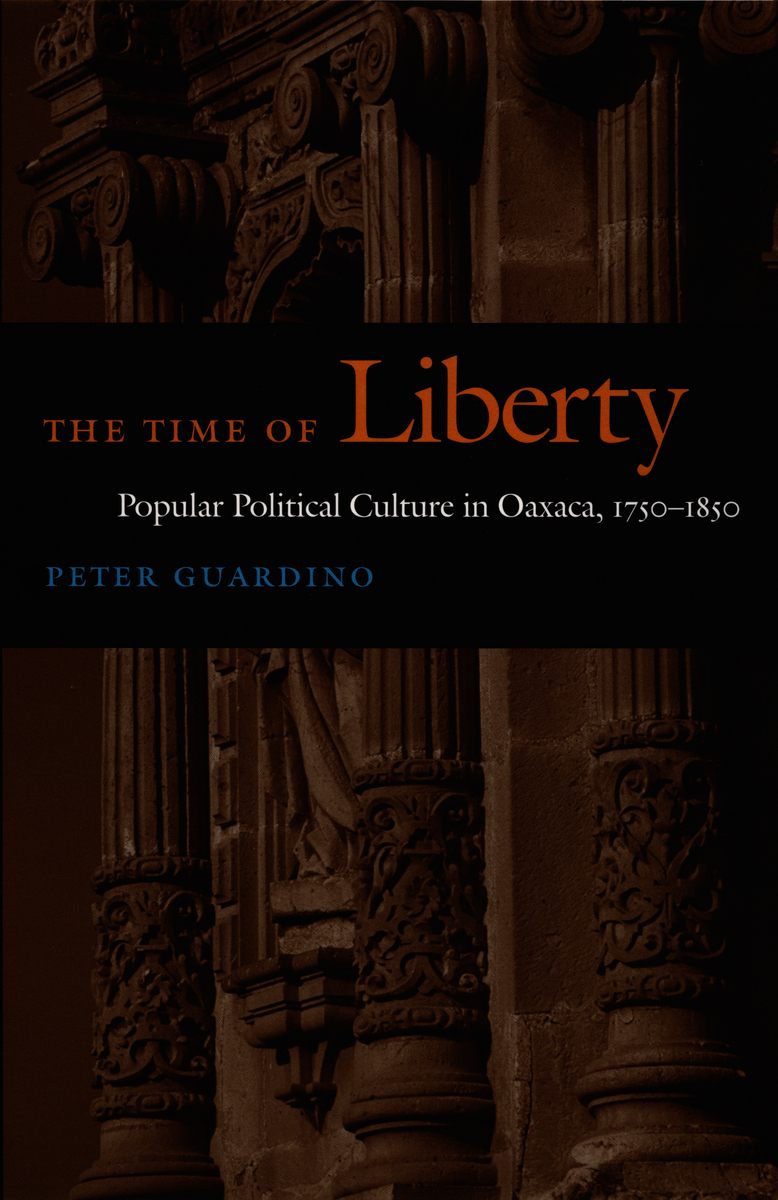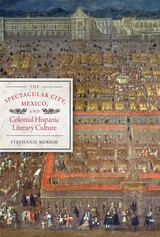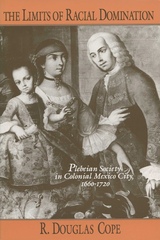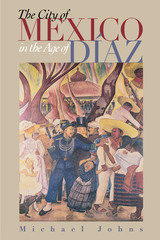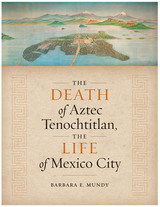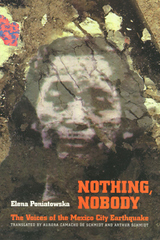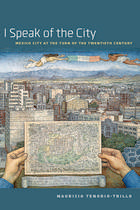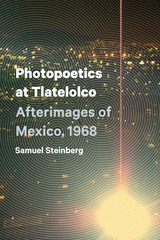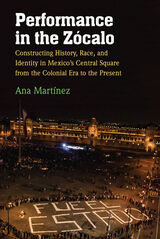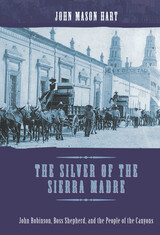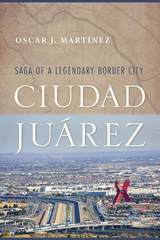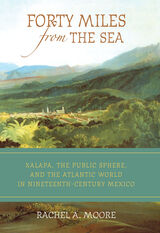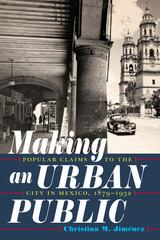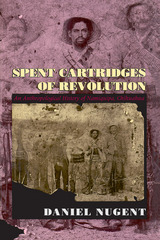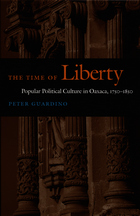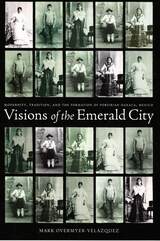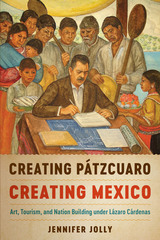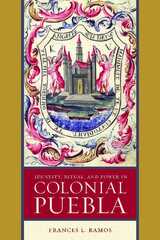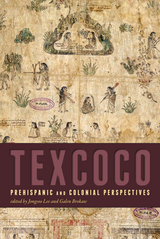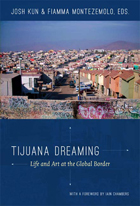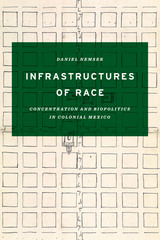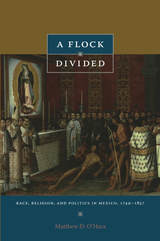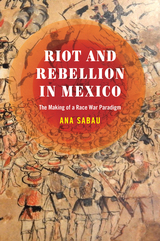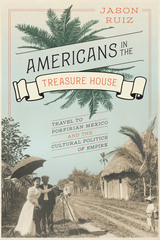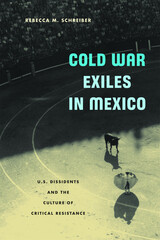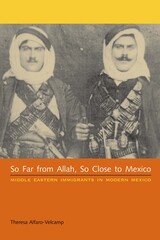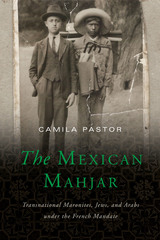Paper: 978-0-8223-3520-7 | eISBN: 978-0-8223-8656-8 | Cloth: 978-0-8223-3508-5
Library of Congress Classification F1391.O12G83 2005
Dewey Decimal Classification 972.74
Guardino makes extensive use of archival materials, including judicial transcripts and newspaper accounts, to illuminate the dramatic contrasts between the local politics of the city and of the countryside, describing in detail how both sets of citizens spoke and acted politically. He contends that although it was the elites who initiated the national change to republicanism, the transition took root only when engaged by subalterns. He convincingly argues that various aspects of the new political paradigms found adherents among even some of the most isolated segments of society and that any subsequent failure of electoral politics was due to an absence of pluralism rather than a lack of widespread political participation.
See other books on: Government, Resistance to | Liberty | Mignolo, Walter D. | Saldívar-Hull, Sonia | Silverblatt, Irene
See other titles from Duke University Press
